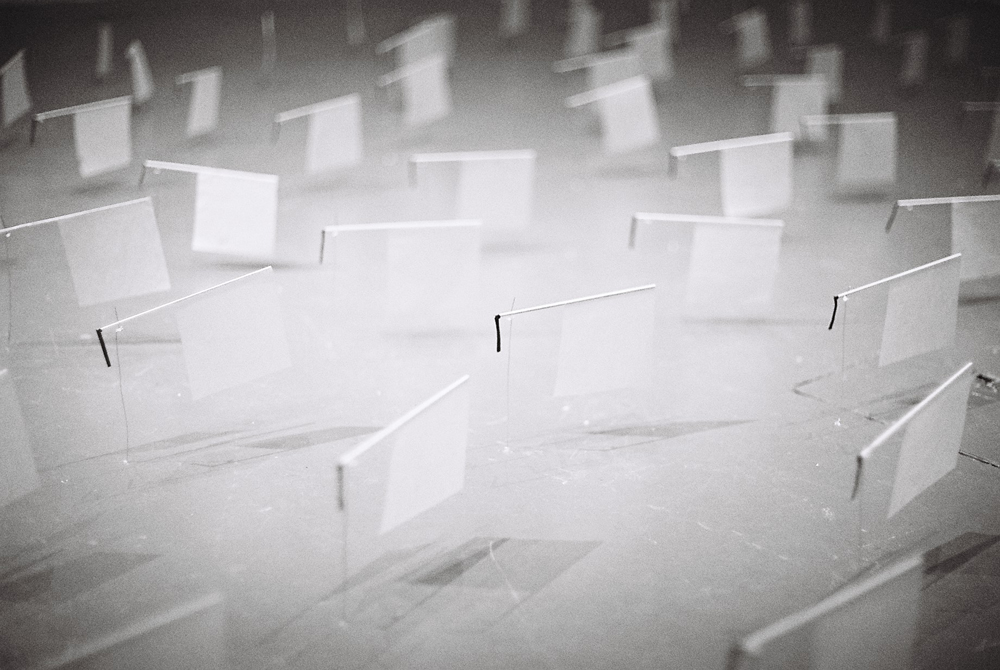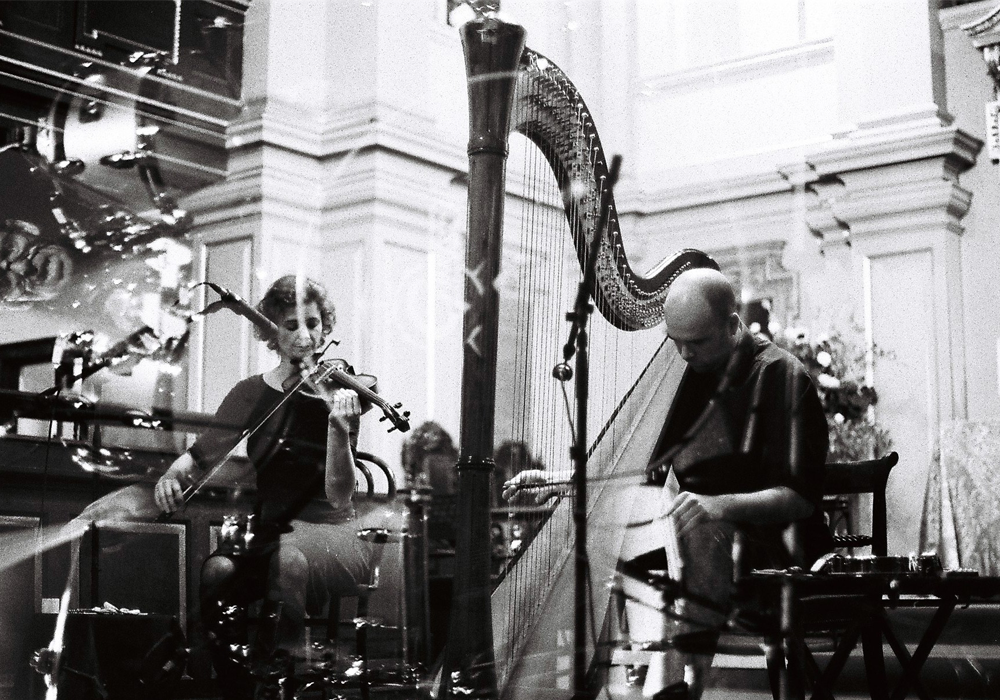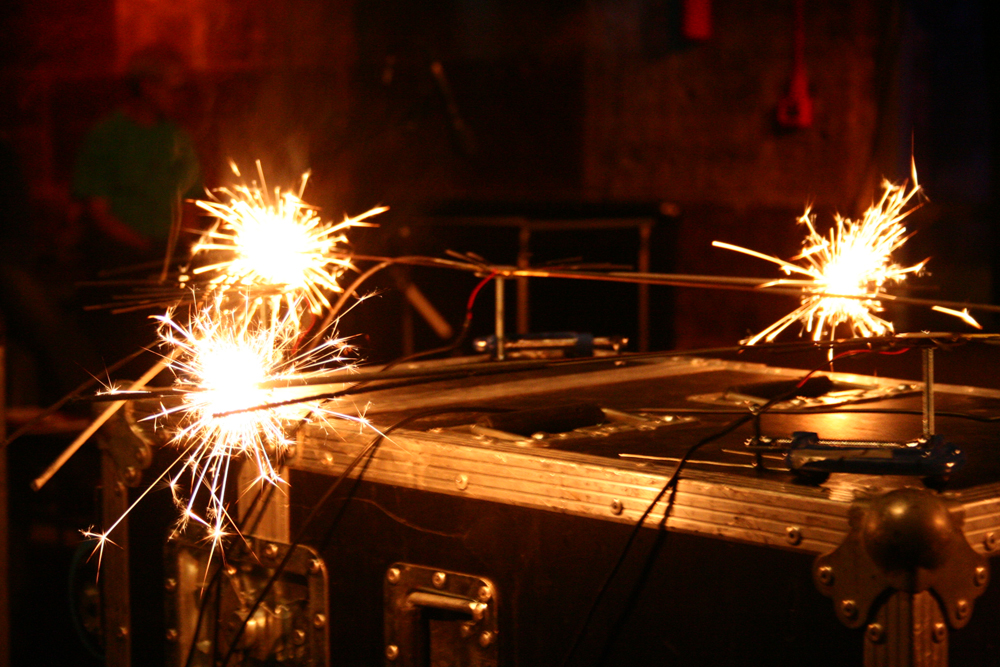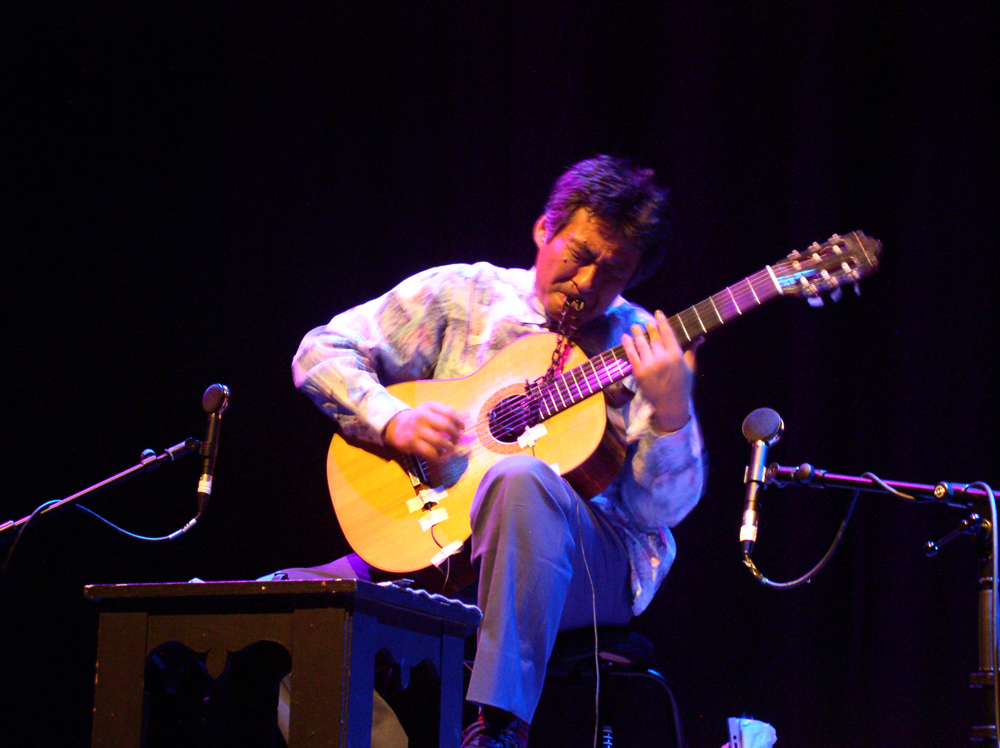
Mutual Aid on the Road to Abolition
Dean Spade Abolitionist Futures
How do we make the connections between the mutual aid practices of our daily lives and anti-capitalist efforts to dismantle wider systems of exploitation?
Arika have been creating events since 2001. The Archive is space to share the documentation of our work, over 600 events from the past 20 years. Browse the archive by event, artists and collections, explore using theme pairs, or use the index for a comprehensive overview.

How do we make the connections between the mutual aid practices of our daily lives and anti-capitalist efforts to dismantle wider systems of exploitation?
Take a break and/ or hang in an Open Meet Up in IRL and URL

William cradles, hammers, and rains down blows, plucking and using 2 bows to attack the strings above and below the bridge, all in the service of a fiery and passionate creativity.

A dialogical meeting of Baraka’s radical poetry and Grimes’ free jazz syncopation.

Koji Asano, Japanese composer and sound-artist performing slow groaning burbling tones, moaning echoes and drones.

Felix Hess is a unique crosser of the boundaries between science and art. He wrote his doctorial thesis on the aerodynamics of the boomerang

Performances at St Giles in the Fields, London by Jandek, Rhodri Davies & Angharad Davies, Rauhan Orkesteri.

Sonic ‘observations’ of the world, through micro recordings on a tiny scale and transformed into something musically compelling.

Three short performances involving social exchange (jumpers, hats, glasses…) and singing (ballads)

One of the most arresting and unique improvisers in Japan, creating an original and powerful body of free music.

A sound diffusion piece by Glasgow University’s Musica Electronica, and a further selection of electroacoustic performances.

A simple hands on workshop with micro-radio theorist and pioneer Kogawa.